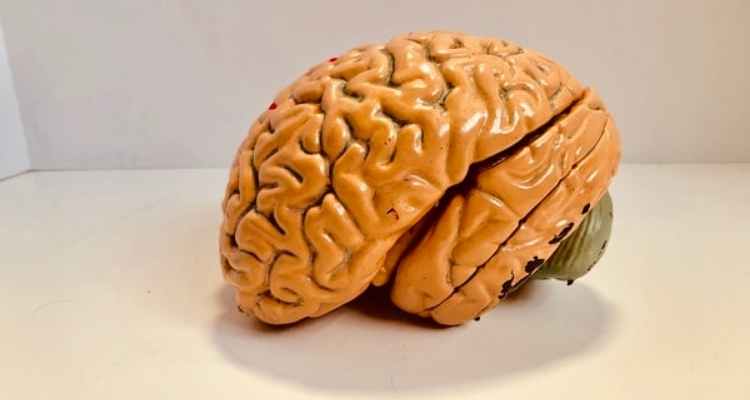Alzheimer’s disease is a terminal illness that affects memory, thinking, and behavior. It is the most common form of dementia, accounting for 60 to 80 percent of all cases. Alzheimer’s disease is thought to be caused by the gradual death of nerve cells in the brain.
Alzheimer’s Explained
What is Alzheimer’s? Alzheimer’s disease (AD) is a neurodegenerative disorder characterized by progressive cognitive decline and memory loss. The symptoms of AD usually develop slowly over a period of several years. In the early stages, the most common symptoms are difficulty remembering recent events and lapses in judgment. As the disease progresses, people with AD may become confused and disoriented, and may have difficulty speaking, swallowing, and walking. In the final stages, people with AD may become bedridden and lose the ability to communicate.
The precise cause of AD is unknown, but it is believed to be due to a combination of genetic and environmental factors. Some of the potential environmental factors that may contribute to the development of AD include head injuries, exposure to certain toxins, and lack of exercise. The main treatment for AD is medication therapy, which includes drugs that help to improve cognitive function and maintain function over time. Other treatments include physical and occupational therapy, social support services, and dietary changes.
Glutathione Explained
Glutathione (GSH) is a small peptide molecule that is found in every cell of the body. It is considered to be one of the most important antioxidants in the body, and is involved in a number of biochemical pathways.
GSH is made up of three amino acids: glycine, glutamic acid, and cysteine. It is synthesized in the liver, and is also found in smaller amounts in other tissues, including the brain.
GSH plays a role in a number of important processes, including detoxification, redox reactions, cellular protection, immune system support, and neuroprotection. In fact, these protections are one reason why many people seek out the best glutathione supplement, with their doctor’s guidance.
GSH is an important antioxidant and helps to protect cells from damage by free radicals. It is also involved in many other important processes, including detoxification, redox reactions, and cellular energy production. GSH is essential for health and well-being, and should be considered an important part of any health and wellness regimen.
Glutathione and Alzheimer’s
One of the hallmarks of AD is the accumulation of amyloid plaques in the brain. Amyloid plaques are composed of a protein called beta-amyloid. The role of beta-amyloid in the development of AD is not clear, but it is thought to play a role in the damage and death of brain cells.
One potential mechanism by which beta-amyloid may cause damage is through the formation of free radicals. Free radicals are highly reactive molecules that can damage cells and tissues. One of the ways that cells protect themselves from the harmful effects of free radicals is through the antioxidant glutathione (GSH). GSH is a molecule that binds to and neutralizes free radicals.
Further research is needed to determine the role of GSH in the development of Alzheimer’s disease. However, given the importance of GSH in protecting cells from damage, it is possible that maintaining optimal levels of GSH may help reduce the risk of developing this devastating disease.
It is not clear how GSH is involved in the development of Alzheimer’s disease, but it is possible that it may protect against the damage caused by free radicals and other toxins. GSH may also help to maintain the health of neurons and other cells in the brain. More research is needed to determine the role of GSH in Alzheimer’s disease, and to determine whether supplements or therapies that increase GSH levels may be beneficial for people with the disease.

